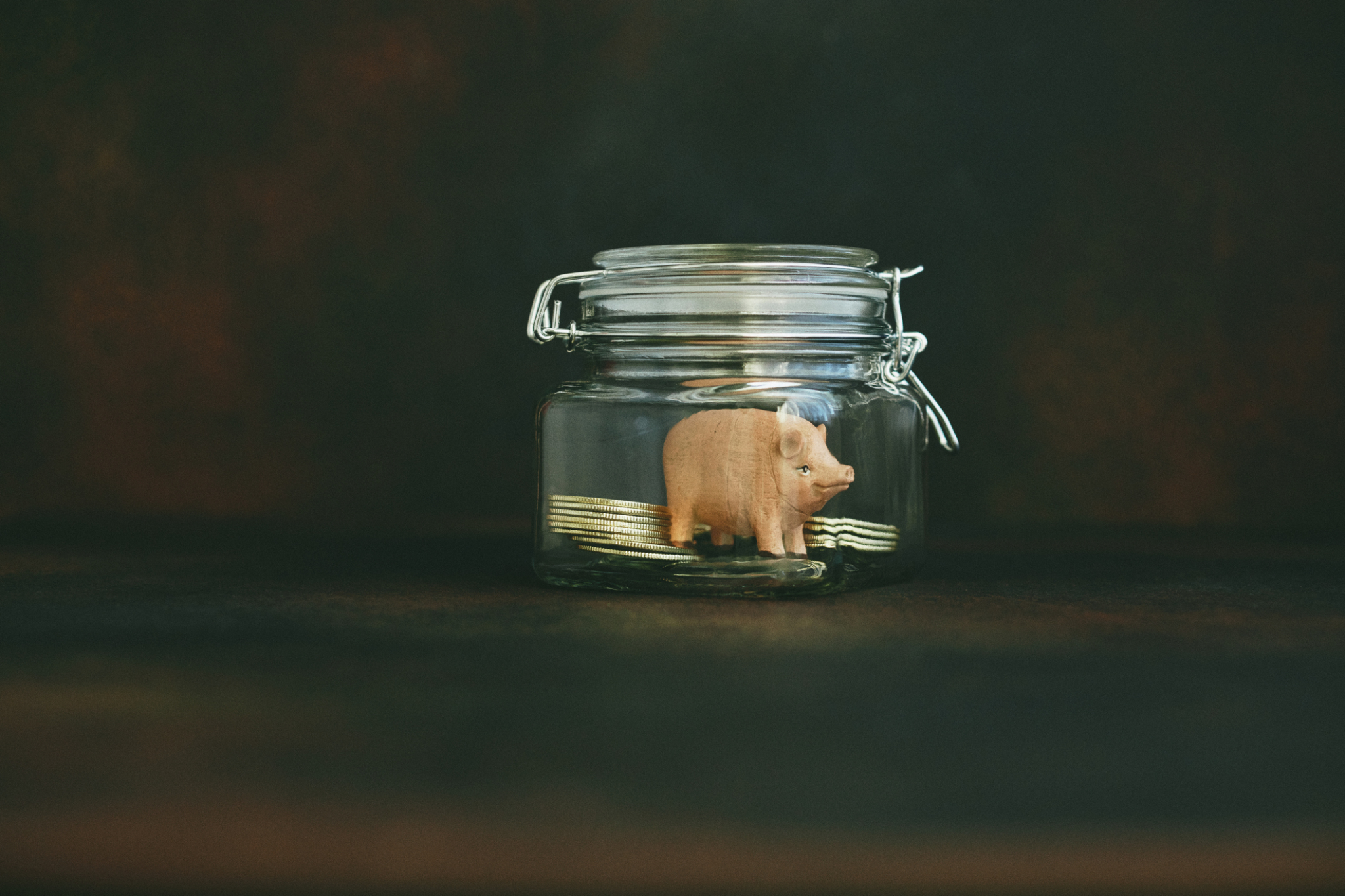In times of unprecedented change, it goes without saying that predictions are hard to make. But as George L. Ruff endowed chair in real estate studies at DePaul University, part of Jim Shilling’s job is to sort through prognostications from those who invest in Chicago real estate for the Mid-Year Perspective on Chicago Real Estate Markets.
One thing is certain from our first look at the report: Though the situation is concerning, no one is really running to the hills just yet. “Investors have a pretty optimistic long-run view of things, and I don’t know if that’s right or wrong,” Shilling told Chicago Agent magazine. “I’m super impressed that two-thirds of respondents think now is a good time to buy a house in Chicago.”
Indeed, in housing-related findings that DePaul released exclusively to Chicago Agent, proportions of good versus bad time to buy held steady across multiple queries. Only 36% of respondents agreed that it’s a bad time to buy because “home prices are likely to decline in the future given the huge collapse in GDP and the large increase in unemployment” and 35.9% disagreed with the notion that “it’s a good time to buy a home in the Chicago market because interest rates are low and they are likely to rise in the future.”
Whether they thought prices would go up or down, the overwhelming majority also agreed that change would be slow. Only 2% of respondents thought home prices would rise rapidly, 1% said they’d decline slowly, and the rest were relatively evenly split across the slow rise/no change/slow decline spectrum.
However, the fact that prices won’t likely be going down by much, if at all, signals a different market problem. Eight in 10 respondents agreed with the idea that home prices “have become significantly out of reach for many Chicagoans.”
One element that’s relatively easy to predict is that interest rates will eventually rise; after all, it’s hard to see how they could go down much further than they are today. But, just as rising prices have the unintended consequence of locking out new entry-level buyers, Shilling said low rates might depress home purchase activity in the coming months and years as homeowners feel they’re “locked in” to cheap mortgages.
“As banks have seen a massive number of households refinance their loans … that’s going to cause maybe artificially lower existing-home sales for quite some time,” he said. “A lot of the homes aren’t going to be in the market [because] people aren’t likely to trade out of those low-interest-rate mortgages.”
This depressed activity could exacerbate issues of high prices in Chicagoland, as demand increases and inventory levels for existing homes remain low. And if the survey results from DePaul’s real estate program are any indication, new-home builders aren’t coming to the rescue either. More than 73% of respondents agreed with this statement: “New construction of for-sale and rental housing in the Chicago market is likely to fall well below normal in the next three years.”
